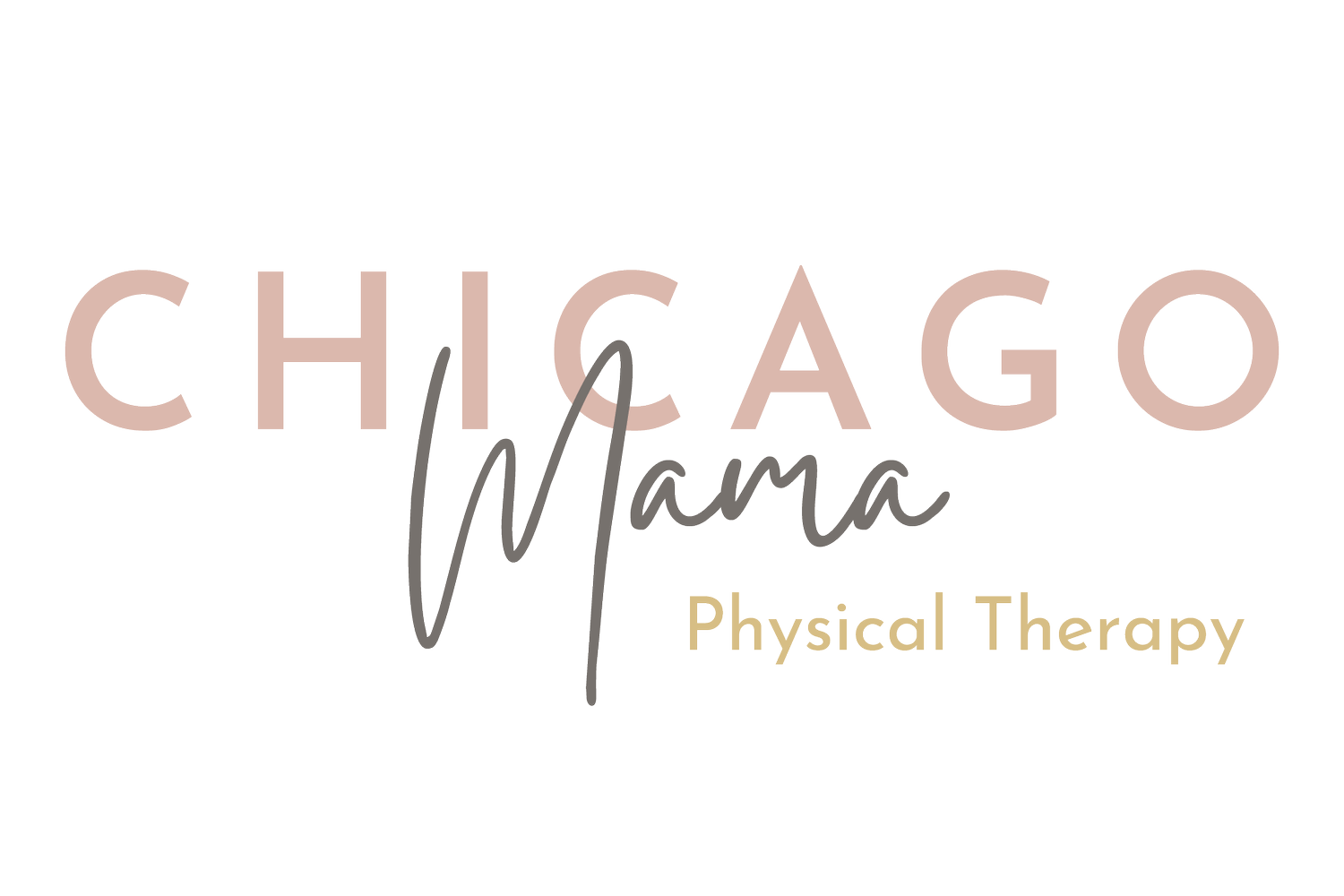Pelvic Floor Therapy for Perimenopause and Menopause: What to Know
The Benefits of Pelvic Floor Therapy for Perimenopause and Menopause
Every woman's journey through perimenopause and menopause is unique, often bringing pelvic floor, joint, or muscle changes. At Chicago Mama Physical Therapy, we specialize in pelvic floor therapy for perimenopause and menopause, using a whole-body approach with tailored exercise and lifestyle strategies to support your goals — so you can feel confident and thrive in this next chapter.
In this article, you will learn what perimenopause and menopause are, how perimenopause and menopause affect the pelvic floor, and how pelvic floor therapy can help.
What is Perimenopause?
Perimenopause is the body’s natural transition toward menopause — and it can show up in all sorts of ways. You might notice changes in your menstrual cycle, like differences in flow, timing, or how long your period lasts. This stage can last anywhere from a few years to up to a decade (though most women experience it for about 3–4 years).
What is Menopause?
Menopause officially begins once it’s been 12 months since your last period. During this time, your body’s estrogen levels naturally decline. Since estrogen helps keep vulvar and vaginal tissues healthy, soft, and well-hydrated, that drop can lead to changes like dryness, increased sensitivity, or thinning of the tissue around the vaginal opening.
Common Perimenopause and Menopause Symptoms
The hormonal changes that occur during menopause can lead to a collection of symptoms known as genitourinary symptoms of menopause (GSM). At Chicago Mama Physical Therapy, we can help address these concerns such as:
Recurrent UTIs and UTI-like symptoms without infection
Pain with penetration
Prolapse or pelvic heaviness
Muscle and Joint Pain
Vaginal dryness and burning
Genital itching and irritation
Burning with urination and penetration
Urinary urgency, frequency, and leakage
Why Is the Pelvic Floor Affected During Menopause and Perimenopause
The main driver behind these changes is a drop in estrogen — the hormone that helps keep vulvar, vaginal, and urinary tissues healthy and well-supported.
When estrogen levels decline during perimenopause and menopause, those tissues lose some of their natural elasticity, moisture, and blood flow. Over time, that can lead to dryness, sensitivity, and thinning of the tissue around the vaginal opening. The pelvic floor muscles and surrounding tissues can also become less supported, which may contribute to symptoms like leaking, urgency, or discomfort with intimacy.
While these changes are a normal part of this life stage, they’re not something you have to just live with. With the right support — including pelvic floor therapy — it’s absolutely possible to restore comfort, strength, and confidence in your body again.
How Pelvic Floor Therapy Can Help During Perimenopause and Menopause
Pelvic floor physical therapy (PFPT) is a specialized form of physical therapy that focuses on strengthening, relaxing, and retraining the muscles of the pelvic floor. These muscles support vital functions like bladder and bowel control, sexual health, and core stability. When they become too weak, too tight, or uncoordinated, it can lead to discomfort, pain, and dysfunction in daily life.
What to Expect in a Pelvic Floor Therapy Session
Your first visit will typically include a thorough evaluation of your medical history, posture, movement patterns, and pelvic floor function. A therapist may assess internal and external pelvic muscles (with consent) to determine any imbalances. Treatment may include:
Manual Therapy – Hands-on techniques to release tight muscles or improve circulation
Exercise & Strengthening – Core and pelvic floor exercises to restore function
Lifestyle & Postural Adjustments – Guidance on habits that support pelvic health
Related Core Changes
During perimenopause and menopause, decreased estrogen and changes in connective tissue can affect not just the pelvic floor, but also the abdominal wall. Some women notice new or lingering core weakness. Pelvic floor therapy often includes strategies to improve core stability and address these changes together. Learn more about diastasis recti and how we help support core recovery here.
Next Steps for Healing
Ready to feel your best? Chicago Mama Physical Therapy proudly serves women in Barrington and the surrounding northwest suburbs. Schedule your free discovery call today and learn how pelvic floor therapy can help you with perimenopause and menopause symptoms. We look forward to being a part of your journey!
To schedule a free discovery call, visit chicagomamapt.com/contact or call 312.554.5146.


